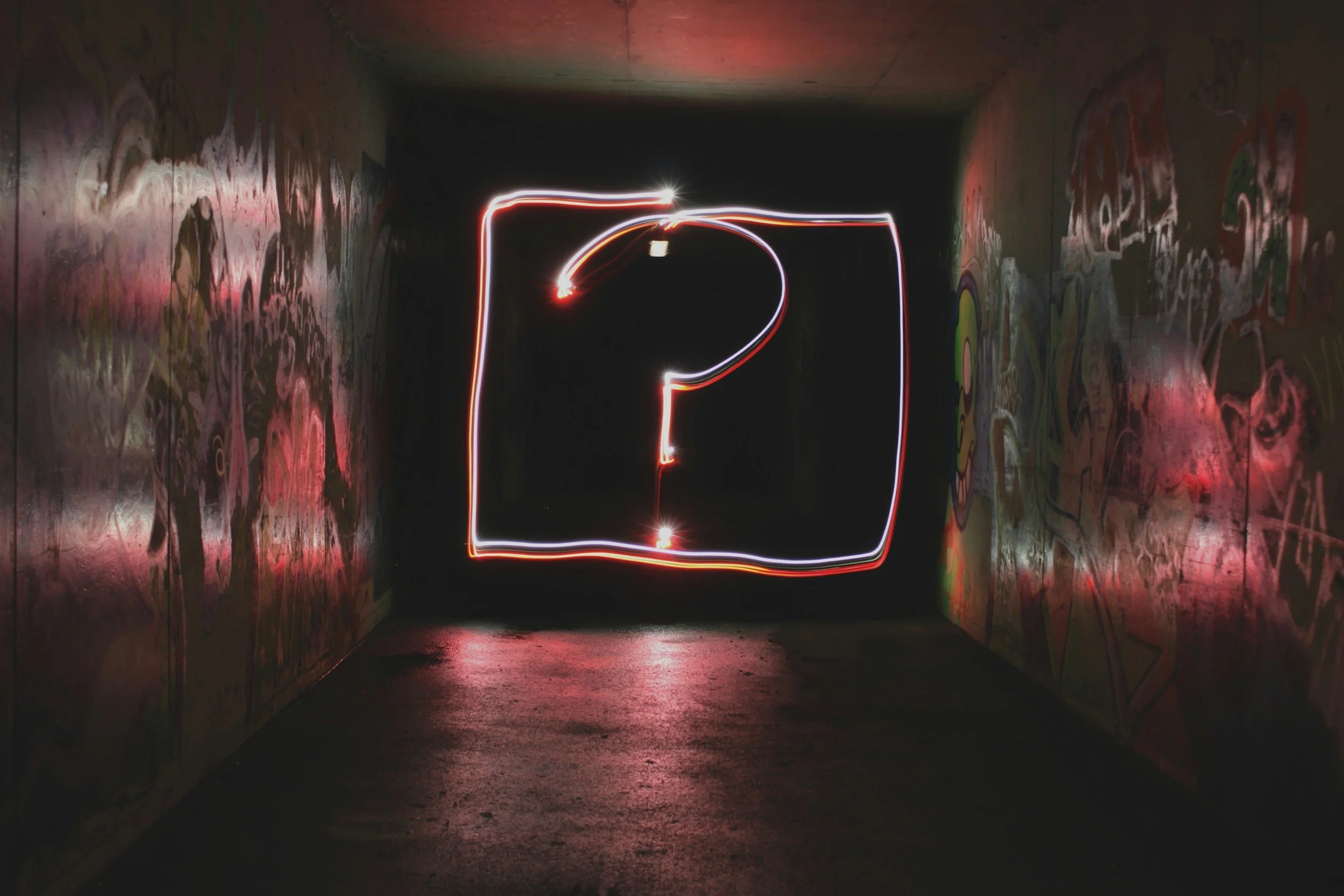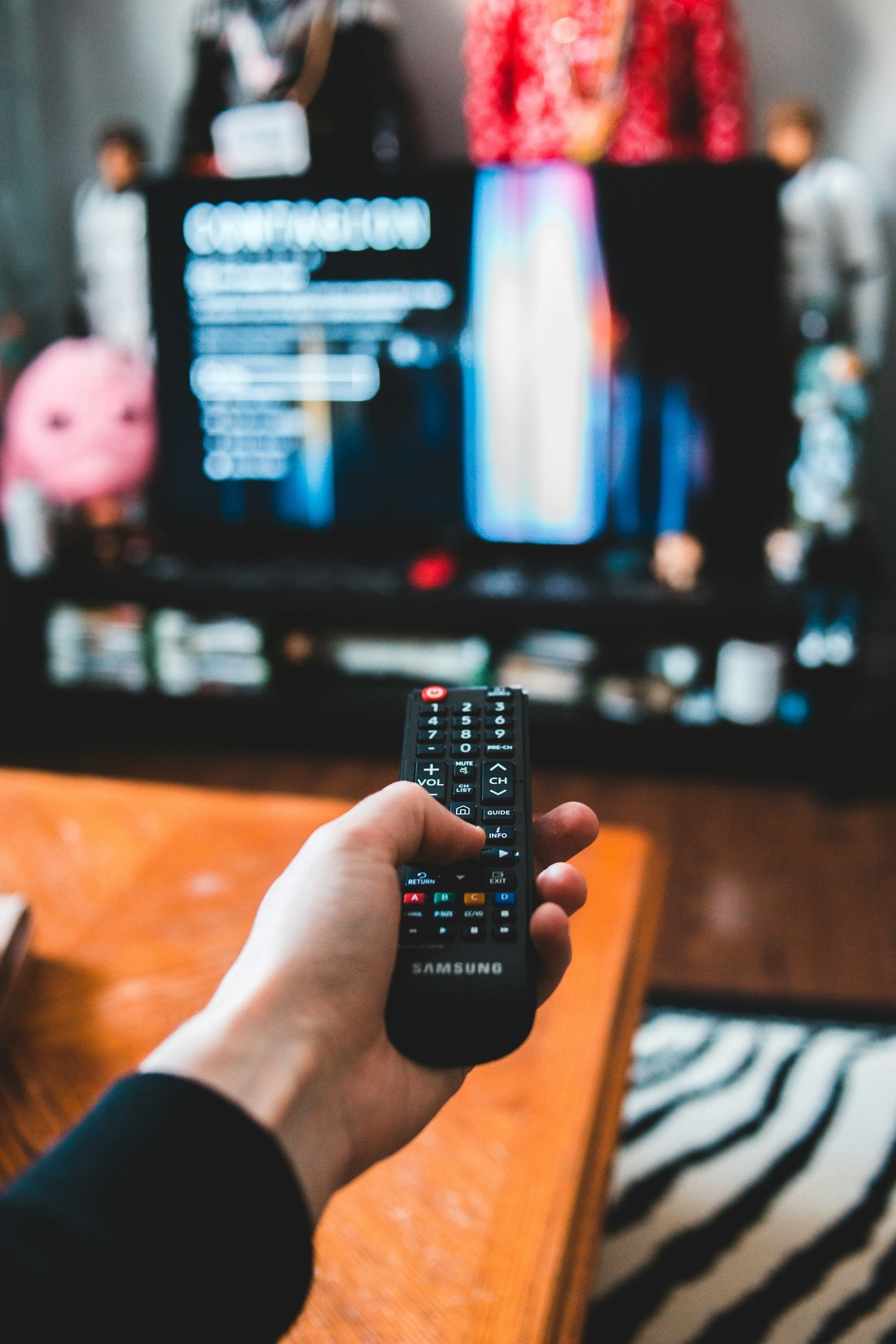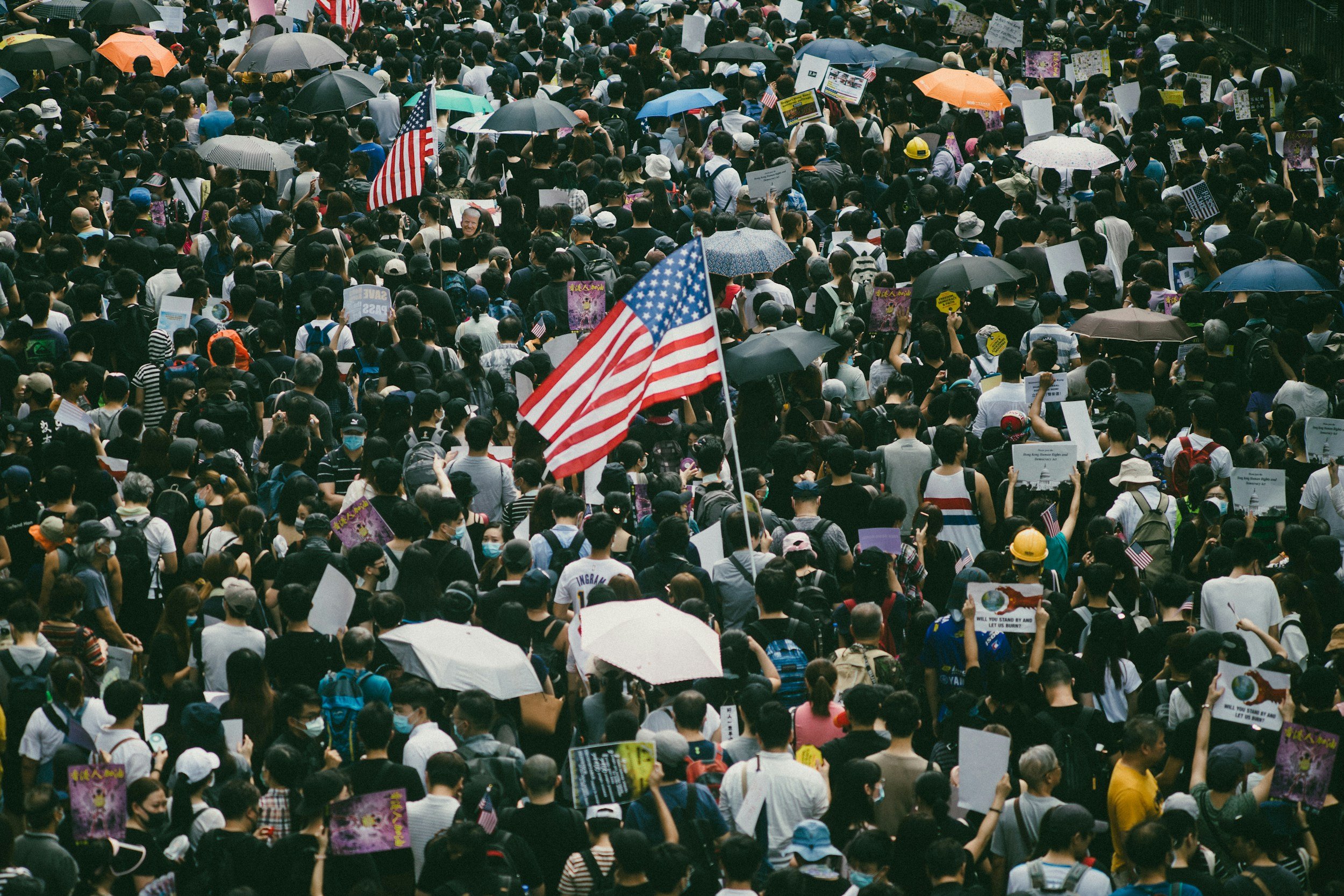Defining Confirmation Bias: Understanding Its Roots and Impact
Confirmation bias is one of the most pervasive and well-documented cognitive biases in psychology. It influences how we process information, form opinions, and make decisions. From everyday interactions to high-stakes situations like jury decisions or medical diagnoses, confirmation bias quietly shapes our perceptions of the world, often leading us to seek, interpret, and remember information in ways that affirm our pre-existing beliefs.
In this article, we’ll explore the origins of confirmation bias, its psychological underpinnings, real-world implications, and how we can work to mitigate its effects. Drawing on decades of research and notable studies, we’ll define confirmation bias in clear terms, situate it within the broader context of cognitive biases, and illustrate its significance in practical contexts.
What is Confirmation Bias?
At its core, confirmation bias is the tendency to favour information that aligns with our existing beliefs, while disregarding or undervaluing information that challenges them. First identified by the cognitive psychologist Peter Wason in 1960, this bias reflects a fundamental flaw in how we process information: instead of evaluating evidence objectively, we filter it through the lens of what we already think is true.
A Classic Example: Wason’s 2-4-6 Task
Peter Wason’s 1960 study is a cornerstone in the study of confirmation bias. Participants were asked to identify the rule governing a sequence of numbers (e.g., 2-4-6). Most assumed the rule was "increasing by two" and tested their hypothesis by proposing sequences like 8-10-12. Wason found that participants rarely tested alternative hypotheses, such as proposing sequences that violated their assumption. Instead, they overwhelmingly sought to confirm their initial belief, even when it was incorrect.
This study highlighted a critical point: humans often seek confirmatory evidence rather than actively testing disconfirming evidence, which would more reliably lead to accurate conclusions.
The Psychological Mechanisms Behind Confirmation Bias
1. Cognitive Efficiency
The brain’s reliance on mental shortcuts, or heuristics, plays a significant role in confirmation bias. Processing information objectively requires effort and cognitive resources, so we often default to simpler strategies. By prioritizing information that supports our beliefs, we reduce cognitive load and maintain a sense of coherence in our worldview.
2. Emotional Comfort
Confirmation bias is not just a cognitive phenomenon; it’s also emotionally driven. Challenging our deeply held beliefs can provoke discomfort, uncertainty, and even identity threats. By focusing on affirming evidence, we protect our sense of self and avoid the emotional toll of cognitive dissonance—a psychological state of tension that arises when our beliefs are contradicted by evidence.
3. Motivated Reasoning
Psychologists like Ziva Kunda (1990) have shown that people often engage in motivated reasoning, a process where emotional and personal motives shape how information is processed. For instance, someone invested in a particular political ideology may unconsciously scrutinize opposing viewpoints more critically while accepting supportive evidence at face value.
Real-World Examples of Confirmation Bias
1. Politics and Media Consumption
In today’s polarized political climate, confirmation bias is particularly evident in how people consume news. Individuals often gravitate toward media outlets that align with their political beliefs, creating echo chambers that reinforce their views. For example, a conservative reader may exclusively follow news from right-leaning sources, while a liberal counterpart sticks to left-leaning outlets. This selective exposure deepens ideological divides and limits opportunities for constructive dialogue.
2. Health and Medical Decision-Making
Confirmation bias can have life-or-death consequences in healthcare. For instance, a doctor who prematurely concludes a diagnosis may unconsciously focus on symptoms that confirm their initial assumption while ignoring contradictory evidence. Similarly, patients researching symptoms online may focus on alarming diagnoses that align with their fears, exacerbating anxiety and delaying proper treatment.
3. Personal Relationships
Confirmation bias often shapes how we perceive others. For example, if you believe a coworker is unreliable, you’re more likely to notice instances where they miss deadlines, while overlooking their successes. Over time, this skewed perception can reinforce negative stereotypes and strain relationships.
Historical Context and Theoretical Foundations
The study of confirmation bias is part of a broader effort to understand cognitive biases—a field largely pioneered by psychologists Amos Tversky and Daniel Kahneman in the 1970s. Their work on heuristics and biases revealed that humans are not perfectly rational decision-makers, as previously assumed by classical economic theories.
Confirmation bias specifically relates to Kahneman and Tversky’s "availability heuristic," where people judge the likelihood of events based on how easily examples come to mind. It also intersects with Leon Festinger’s theory of cognitive dissonance (1957), which explains why people avoid information that conflicts with their beliefs.
Pardon the interruption—but even the most studious minds enjoy a touch of serendipity.
If you're a student, don't miss out on Prime Student—Amazon is offering a free 6-month trial that includes unlimited One-Day Delivery, Prime Video, Amazon Music, and exclusive discounts like 10% off textbooks. After the trial, it’s just 50% of the regular Prime price.
It’s a great way to save time and money during your studies: Check it out here.
Current Perspectives and Emerging Trends
1. Digital Age Amplification
The rise of social media and algorithms has intensified confirmation bias. Platforms like Facebook and YouTube curate content based on user preferences, creating "filter bubbles" that reinforce existing views. Recent studies, such as those by researchers at MIT and Stanford, have documented how these algorithms contribute to political polarization and misinformation.
2. Cultural and Individual Differences
Research suggests that the extent of confirmation bias can vary across cultures and individuals. For example, collectivist cultures, which emphasize group harmony, may experience different patterns of bias compared to individualist cultures. Similarly, people with higher cognitive reflection abilities are somewhat less prone to confirmation bias, as they are more likely to question their initial assumptions.
How to Recognize and Overcome Confirmation Bias
1. Seek Out Disconfirming Evidence
Actively challenging your beliefs is one of the most effective ways to reduce confirmation bias. For example, if you believe a certain political policy is beneficial, deliberately seek out credible sources that critique it and evaluate their arguments.
2. Engage in Perspective-Taking
Exposing yourself to diverse viewpoints can help mitigate bias. This might involve engaging in conversations with people who hold opposing views or reading materials from unfamiliar perspectives.
3. Practice Critical Thinking
Critical thinking skills—such as evaluating the credibility of sources, questioning assumptions, and assessing evidence—are essential tools for combating confirmation bias. Educational initiatives aimed at improving these skills can empower individuals to make more objective judgments.
Why Confirmation Bias Matters
Confirmation bias is not just an abstract psychological concept; it has profound implications for society. From perpetuating stereotypes to fuelling political polarization, its effects are far-reaching and often insidious. Understanding and addressing confirmation bias is essential for fostering critical thinking, promoting dialogue, and making better decisions.
As we navigate an increasingly complex and information-saturated world, recognizing our cognitive blind spots is the first step toward overcoming them. By striving for intellectual humility and a willingness to question our assumptions, we can move closer to a more balanced and informed perspective—both as individuals and as a society.
Key Takeaways
Defining Confirmation Bias: It is the tendency to favor information that supports existing beliefs while dismissing contradictory evidence.
Mechanisms Behind It: Includes cognitive efficiency, emotional comfort, and motivated reasoning.
Real-World Implications: Seen in politics, healthcare, and personal relationships, among other areas.
Combating Confirmation Bias: Involves seeking disconfirming evidence, engaging in perspective-taking, and practicing critical thinking.
Simply Put
In a world where opinions are often louder than facts, the ability to question our biases is more valuable than ever. By doing so, we open the door to growth, understanding, and genuine insight.
Confirmation bias is a powerful yet often invisible force shaping our perceptions, decisions, and interactions. From the way we consume news to how we navigate personal relationships, its impact is profound and far-reaching. By understanding its mechanisms and learning to recognize it in ourselves, we can take meaningful steps toward more objective thinking and healthier, more constructive dialogue with others.
In an age of information overload and polarized opinions, the ability to question our assumptions and seek out diverse perspectives is more critical than ever. Overcoming confirmation bias is not easy—it requires effort, humility, and a commitment to growth—but the rewards are worth it. By striving for intellectual balance, we not only improve our decision-making but also contribute to a more informed and connected society.
References
Festinger, L. (1957). A Theory of Cognitive Dissonance. Stanford University Press.
Kunda, Z. (1990). "The Case for Motivated Reasoning." Psychological Bulletin, 108(3), 480–498.
Pariser, E. (2011). The Filter Bubble: What the Internet Is Hiding from You. Penguin Press.
Sunstein, C. R. (2001). Republic.com. Princeton University Press.












Examines the Stroop Effect’s theoretical foundations, experimental designs, neural mechanisms, and wide-ranging applications, while delving into contemporary research and critiques of the phenomenon.